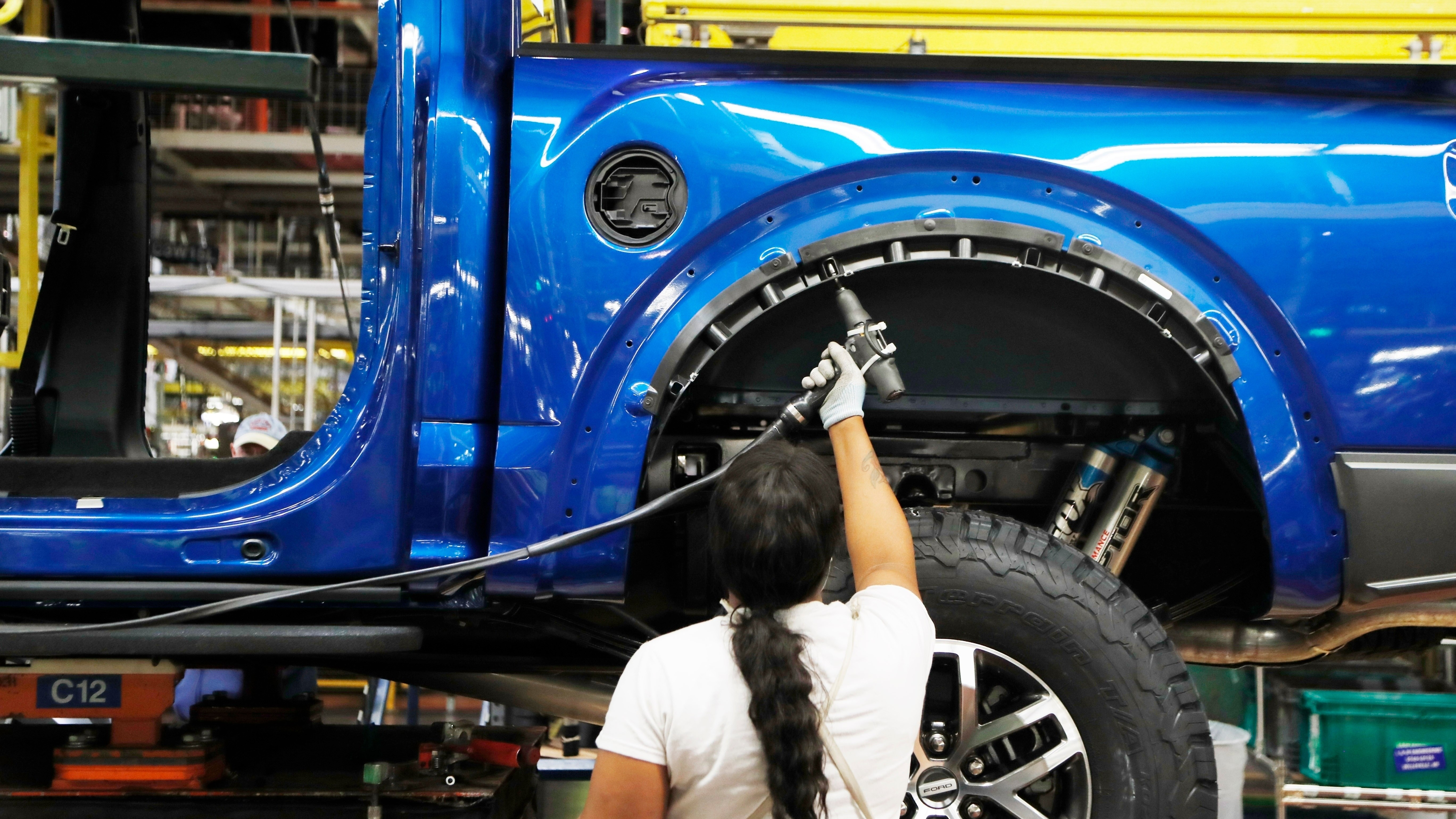The Global Chip Shortage Is Gonna Leave A Dent
GM is one of the latest automakers to report that a global chip shortage is affecting its production, announcing downtime on Tuesday for three of its plants and saying that, in some cases, incomplete cars will be built. But GM is just the latest, as almost every major automaker is having the same problem.
That would include Stellantis, Volkswagen, Ford, Nissan, Subaru, Renault, Honda, Toyota, and Mazda. This only seems like the beginning though.
From Reuters:
Asian chipmakers are rushing to boost production but say the supply gap will take many months to plug. German chipmaker Infineon said the shortage would get worse in the near term. The chip shortage is expected to cut global output in the first quarter by more than 670,000 vehicles and last into the third quarter, IHS Markit said. AutoForecast Solutions estimated total lost production this year could reach 1 million vehicles.
Somewhere around 65 million new cars were sold last year, give or take a few million, so removing one million cars from that mix is not quite catastrophic but, for automakers who thought that 2021 might be a solid recovery year, it's also not the best news.
This is perhaps only remarkable because automakers will move mountains to ensure their supply chains are solid, except nearly all of them have been caught flat-footed by this and now sound a bit panicked.
Here's GM from today:
Semiconductor supply remains an issue that is facing the entire industry. GM's plan is to leverage every available semiconductor to build and ship our most popular and in-demand products, including full-size trucks and SUVs and Corvettes for our customers. Our supply chain organization is working closely with our supply base to find solutions for our suppliers' semiconductor requirements and to mitigate impacts on GM. Despite our mitigation efforts, GM previously announced downtime on all production shifts at:
Fairfax (Kansas),
CAMI (Canada) and
San Luis Potosi (Mexico).
We are extending downtime at those plants and will reassess in mid-March. Our intent is to make up as much production lost at these plants as possible. In addition, when there is a shortage of semiconductors that impacts production, in some cases we intend to build vehicles without certain modules and will complete them as soon as possible. This will help us quickly meet strong customer demand as more semiconductors become available.
What's also remarkable: The shortage is affecting production of automakers' most profitable cars, in GM's case, that means the Chevy Equinox, Colorado, GMC Canyon, and Terrain. At Ford, the chip shortage has come for the F-150. At Toyota, it's come for the Camry and Tundra. This will all be sorted out sooner or later but this episode is a good reminder of how fragile automakers' supply chains can be.
